 Philippine President Ferdinand "Bongbong" Marcos, Jr. earlier this week ordered his government to temporarily suspend the importation of rice for 60 days starting Sept. 1, 2025, in a move seen to protect the livelihoods of the country’s farmers. the question is whether this temporary pause in importing grain will mean anything for food security and the economy.
Philippine President Ferdinand "Bongbong" Marcos, Jr. earlier this week ordered his government to temporarily suspend the importation of rice for 60 days starting Sept. 1, 2025, in a move seen to protect the livelihoods of the country’s farmers. the question is whether this temporary pause in importing grain will mean anything for food security and the economy.
In case you missed it, the Department of Agriculture consulted with Cabinet members while on a five-day state visit to India, after the agency had recommended raising tariffs on imported rice and to temporarily halt importation.
Presidential Communications Secretary Dave Gomez announced the President’s directive on August 6, Wednesday, but noted that there were still no plans to act on the DA’s recommendation to raise the rice tariff to 25 percent from the existing 15 percent rate.
The President claimed in his fourth address to Congress last month that his government had achieved its goal of being able to offer Filipinos P20 per kilo rice without hurting the income of the country's farmers.
The country’s Agriculture chief Francisco Tiu Laurel, Jr. earlier told congressmen that he had recommended gradually restoring the rice import tariff to 35 percent from the current 15 percent set under Executive Order No. 62 signed by the President in June last year.
The tariff rate would remain until 2028 and would be subject to a review every four months.
The government’s move to cut tariffs on imported rice is part of its efforts to tame the retail prices of grain and to slow food inflation.
Tiu Laurel had floated that a tariff hike should coincide with the harvest seasons of Manila’s major supplier or at around late September for Vietnam, and December for Pakistan to cut the impact on the local market.
Will Pausing Rice Imports Boost Food Production?
"For us, the President’s announcement of a two-month suspension on rice importation is merely for show. It’s insufficient and meaningless because the implementation of RA 11203 (Rice Tariffication Law) will still continue," Amihan National Federation of Peasant Women and Bantay Bigas spokesperson Cathy Estavillo told Esquire Philippines in an interview in Filipino. "The devastating effects of this law over the past six years are undeniable."
The Rice Tariffication Law of 2019 required rice shippers to pay tariffs, which the state used to fund the rice industry modernization.
The United States Department of Agriculture has consistently named the Philippines as the world's top rice importer, having taken in 2.44 million metric tons (MT) as of the end of July, based on data from the Philippine Bureau of Plant Industry.
Last year, Manila imported about 4.7 million MT and is expected to go past that number this year.
"This is obviously a political decision rather than an economic one," Fermin Adriano, former Agriculture undersecretary for policy, planning, and research, said in a Viber message, commenting on the move. "If I am a trader, having huge stocks in my warehouses, I will just wait for the two months to lapse before I resume importation. It takes around two months for negotiations with Vietnamese sellers and actual arrival of rice imports."
Reacting to the President’s move, the Philippine Agriculture secretary said a premature tariff hike could backfire on the industry, while a suspension was a more "calibrated action" that is quickly reversible.
"If this strategy leads to higher farmgate prices and better income for our farmers, we may no longer need to raise the tariff," Tiu Laurel said in a statement.
The country’s inflation rate had accelerated to its slowest pace since 2019 in July at 0.9 percent as global rice prices went down that period.
Economics have also attributed the July inflation slowdown party to the quicker yearly decline in rice prices, which dropped to 15.9 percent from 14.3 percent a month earlier.
"More importantly, we call for the urgent passage of the Rice Industry Development Act and a Genuine Agrarian Reform program to truly uplift the rice sector and ensure food security for all Filipinos," Estavillo said.
"Now, the government is still merely considering restoring the 35 percent rice import tariff—even though the reduction to 15 percent has already led to a surge in rice imports and a massive loss in government revenue."


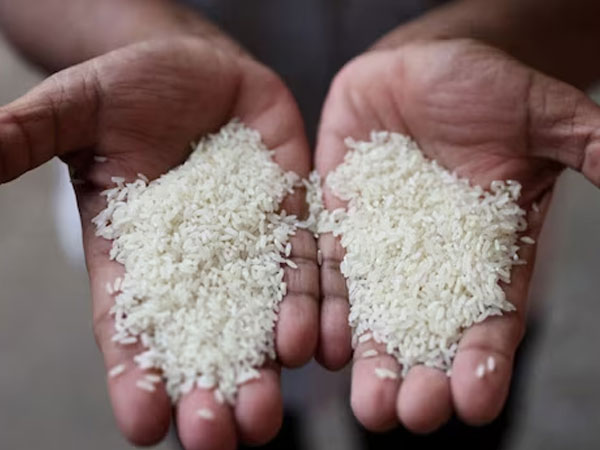

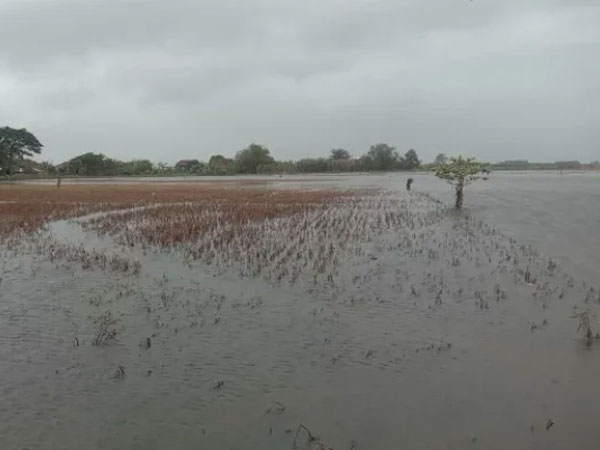
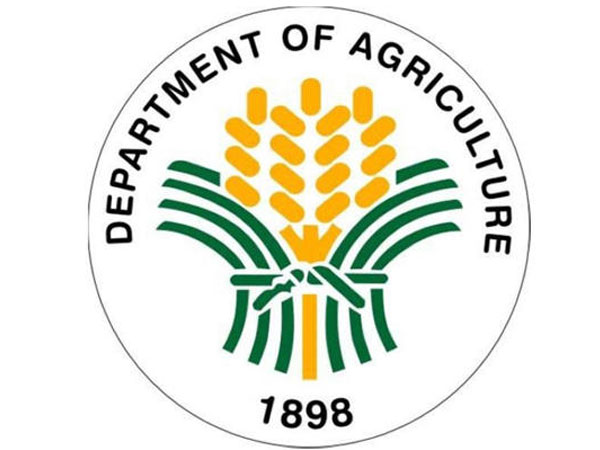
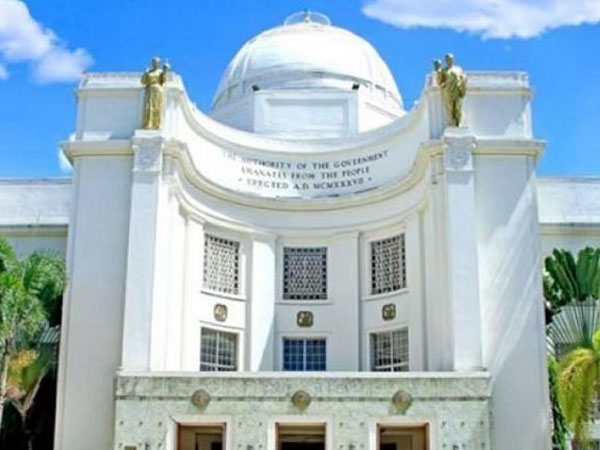
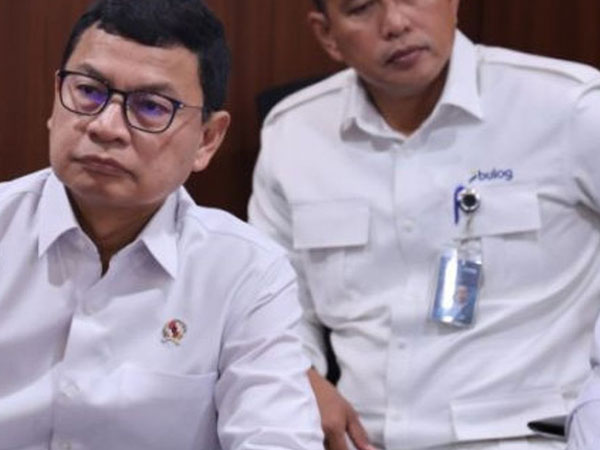
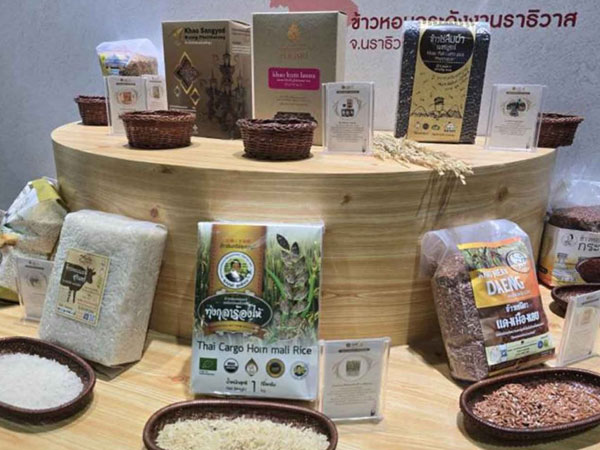
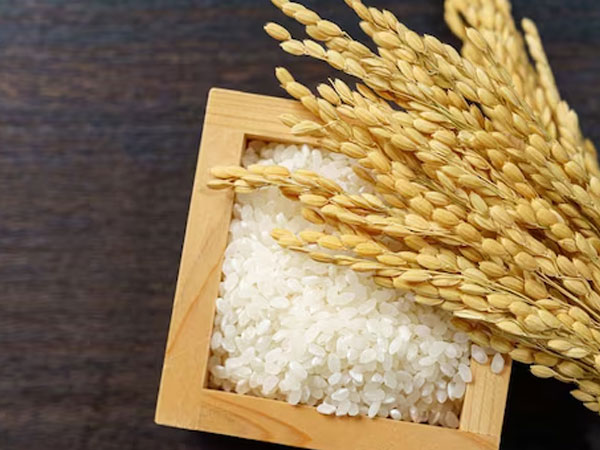
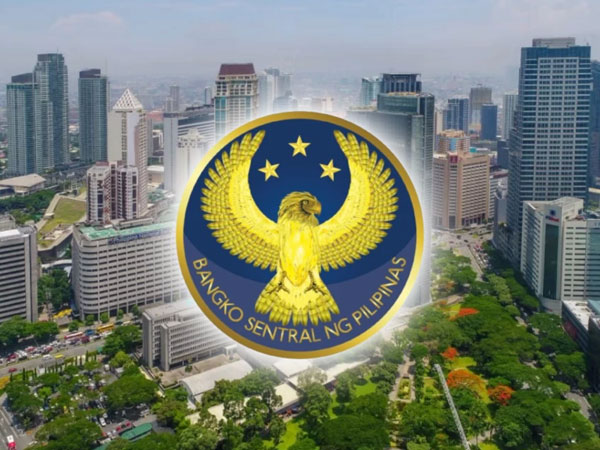
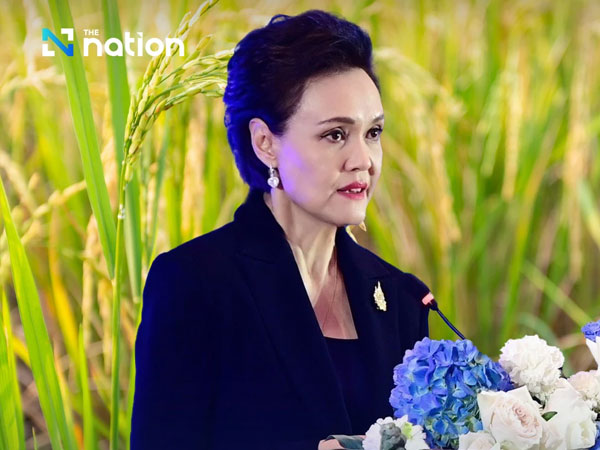
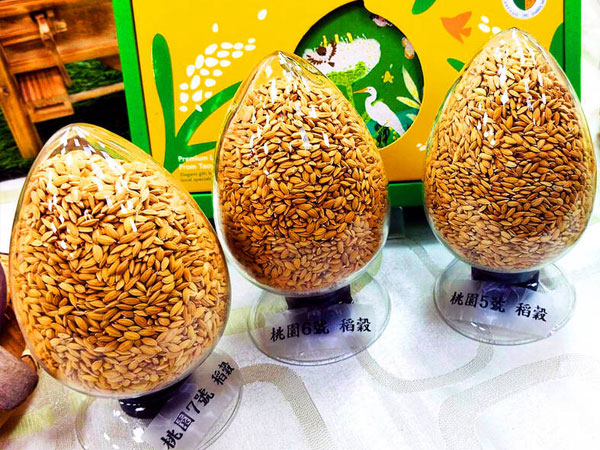
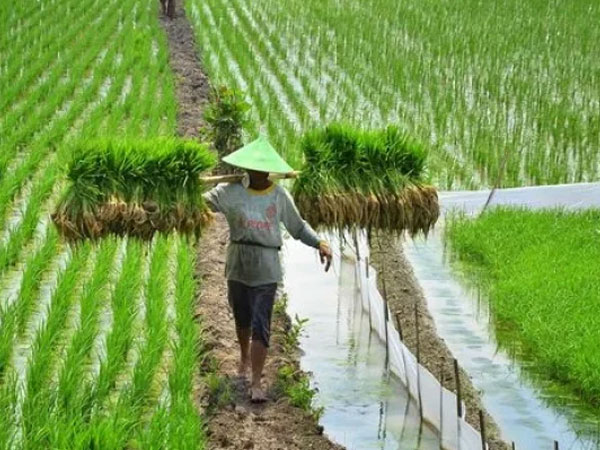
© Copyright 2025 The SSResource Media.
All rights reserved.